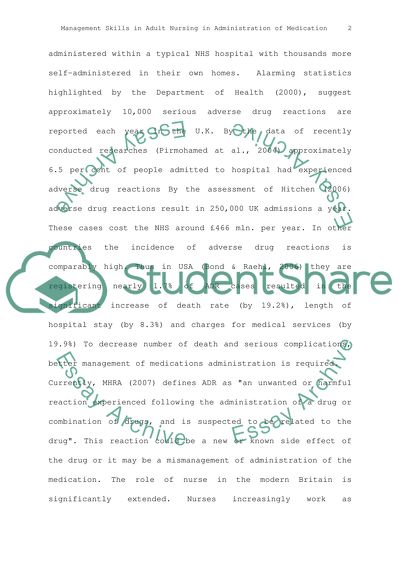Cite this document
(“Management Skills in Adult Nursing Personal Statement”, n.d.)
Retrieved from https://studentshare.org/health-sciences-medicine/1529697-management-skills-in-adult-nursing
Retrieved from https://studentshare.org/health-sciences-medicine/1529697-management-skills-in-adult-nursing
(Management Skills in Adult Nursing Personal Statement)
https://studentshare.org/health-sciences-medicine/1529697-management-skills-in-adult-nursing.
https://studentshare.org/health-sciences-medicine/1529697-management-skills-in-adult-nursing.
“Management Skills in Adult Nursing Personal Statement”, n.d. https://studentshare.org/health-sciences-medicine/1529697-management-skills-in-adult-nursing.


